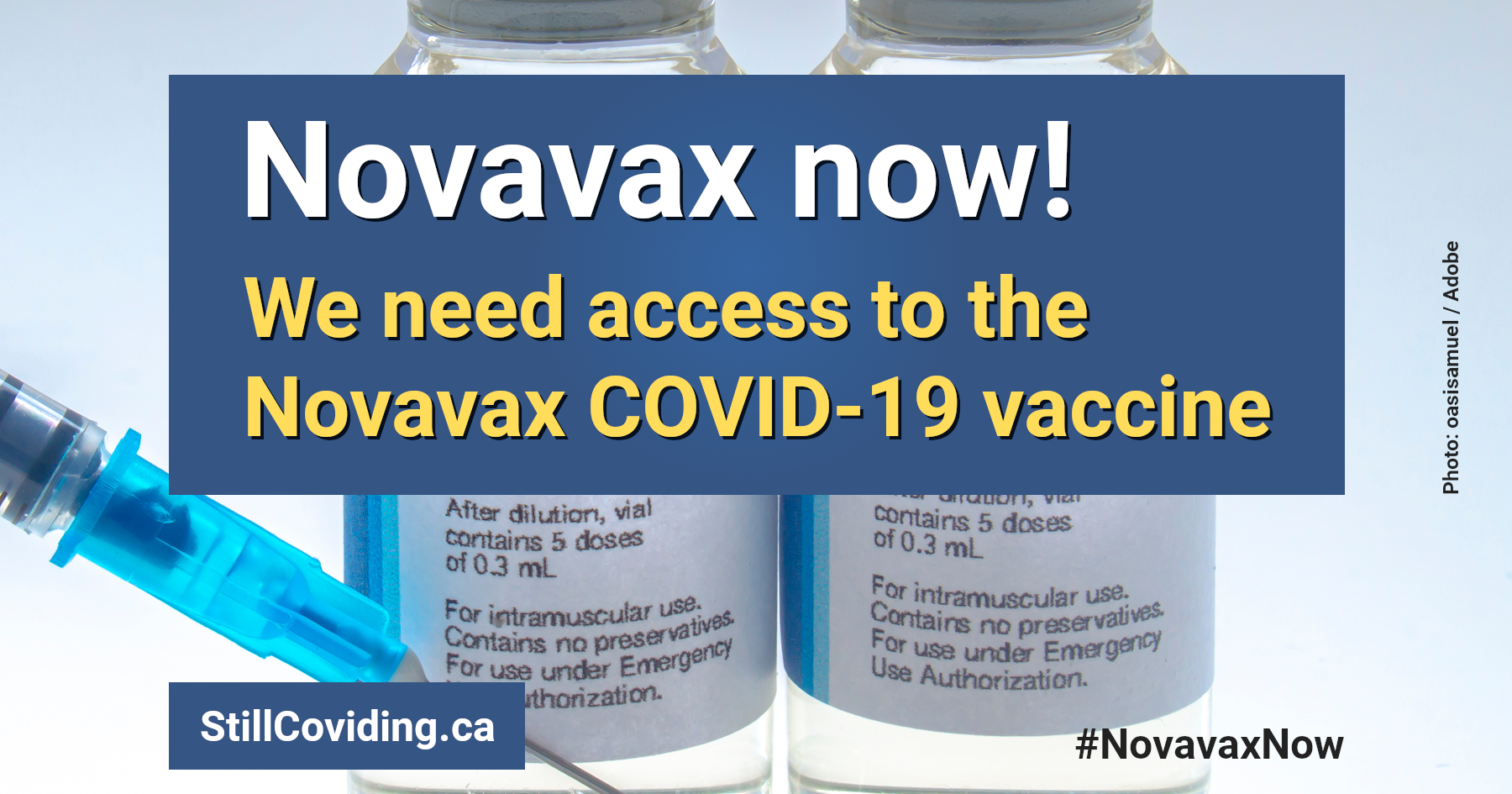The Ontario government abruptly ended its wastewater surveillance program earlier than planned this summer, despite having funding in place until the end of September and being warned that the move could leave gaps in crucial information for public health, internal documents indicate.
The government pulled the plug at the end of July on the globally praised program that, at its peak, covered about 75 per cent of the province.
The program, overseen by the Ministry of the Environment, provided an early warning signal to health officials about the spread of COVID-19, influenza, RSV and other infectious diseases, based on wastewater testing.
Documents obtained through access to information by the Ottawa Citizen indicate that the province’s hasty decision last spring to end the program came before Ontario’s Ministry of Health had even begun negotiations with the federal government about taking over wastewater surveillance.
Comments closed
